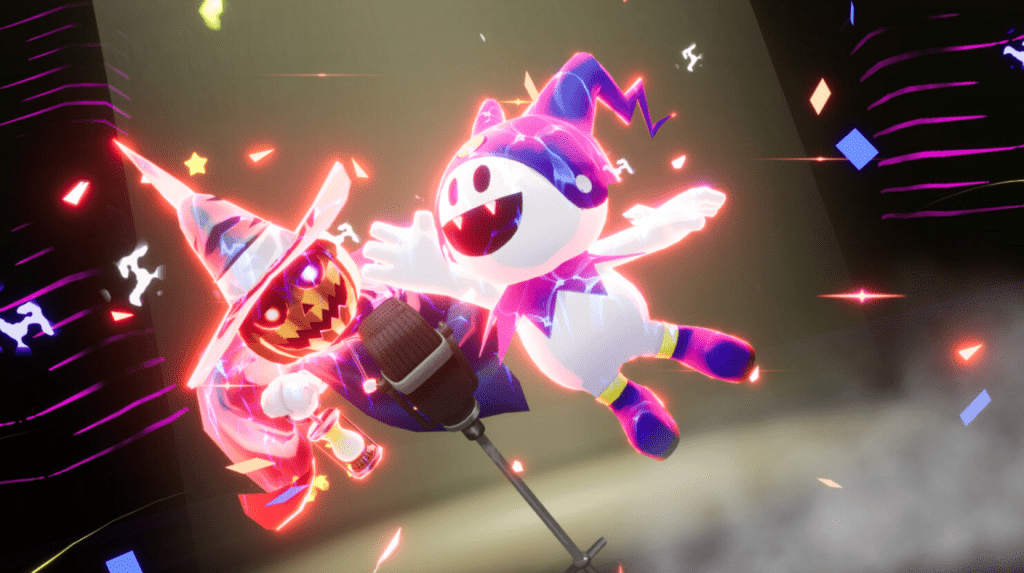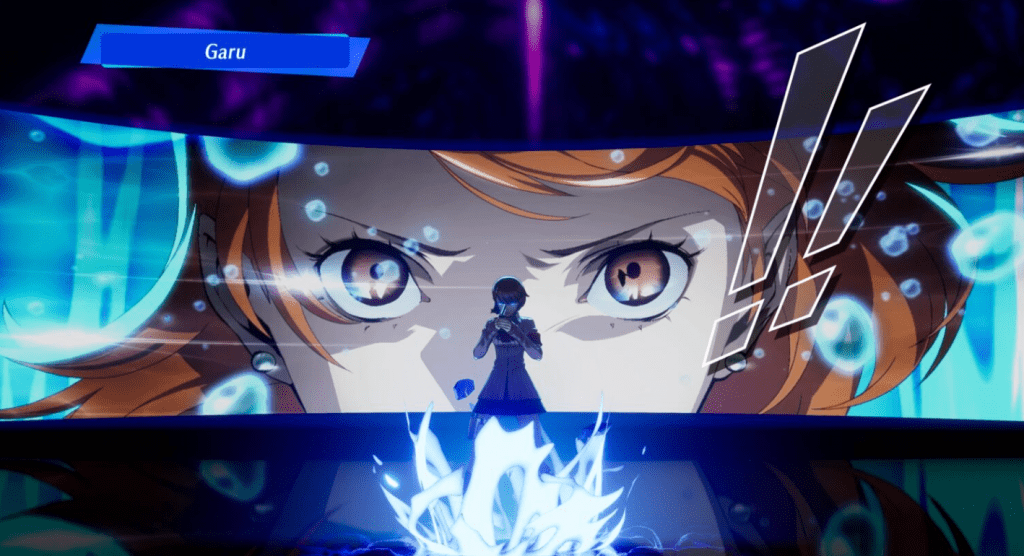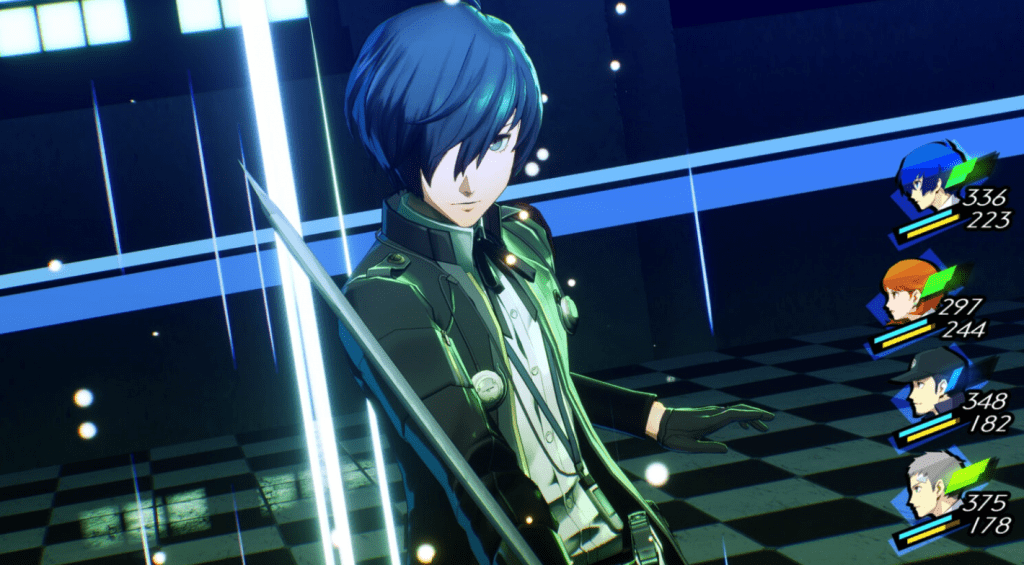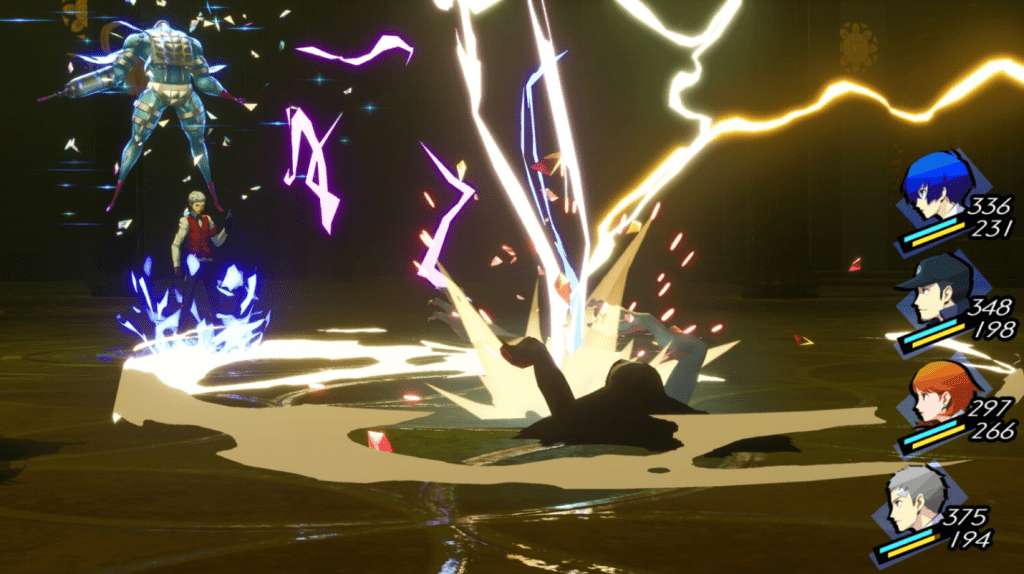In mid-2006, Persona 3 marked a pivotal moment for the Atlus franchise, becoming one of the most popular RPGs for PlayStation 2. It grew to inspire not only manga and anime adaptations, but also a range of merchandise, and a stage play.
Persona 3 was an innovative and bold concept of its time that explored profound existentialist themes along with teenage isolation and mortality, providing a nuanced narrative foregrounded by death. The story inevitably resonates deeply and inspires the audience to appreciate life in all its transience, highlighting the importance of genuine friendships, acceptance, and the courage needed to live life to the fullest.

Initially available on PlayStation 2 or the radically minimized PSP port, the definitive version of Persona 3 was playable on PlayStation via PSN. However, the demand for a remake that emulates Atlus’ latest games’ high production values has been met with the release of Persona 3 Reload.
Developer: Atlus, P Studio
Publisher: Atlus, Sega
Platforms: Windows PC, Xbox One, Xbox Series X|S (reviewed), PlayStation 4, PlayStation 5
Release Date: February 2, 2025
Price: $69.99 USD
Its soaring popularity overshadowed Atlus’ Shin Megami Tensei series, from which Persona was spun-off. Every succeeding sequel then nudged the series towards becoming more stylish, centralizing the daily routines of an anime high school student who had a secret life as a persona user.

Before Persona 3, the two Persona 2 games(Innocent Sin and Eternal Punishment) centered around a cast of adults. In present times, the franchise seems inseparable from its current narrative style of balancing surreal adventures and high school life, with Jungian symbolic hints ubiquitous throughout the series. The signature semantic design carried forward by Persona 3 remains a riveting testament to the growth of the franchise.
Persona 3 Reload is a remake of the classic game. It adheres to the distinct style and presentation of Persona 5, with a visually stunning layout, gripping fonts and graffiti-like accents contributing to a standout gaming experience. The began’s immersive interface stands testimonial to Persona 5’s design philosophy, introducing audibly engaging narration to the classic Persona 3 narrative.

The game focuses on unfolding the tangled mysteries of the Dark Hour and Tartarus. The protagonist navigates a bifurcated life, juggling academics and relationships, simultaneously exploring Tartarus and countering Shadows alongside SEES. As the game deepens, secrets of the Dark Hour, Shadows, and an impending ominous predicament are unraveled.
The story takes several hours to grip, and then narrative progression halts until midway through the year. The introduction of a pro-Shadow cult gives way to substantial plot development, but the real antagonist remains unknown until the final stages of the game.
What truly immerses the player in Persona 3 Reload, however, isn’t the main plot but rather the gripping character arcs and emotionally articulate side stories that give dimension to the overall setting. The undeniably uplifting role of friendship in a world crafted around collective consciousness and beliefs forms the bedrock of the game’s central narrative.
In spite of retaining the authentic, riveting storyline of the original 2006 Persona 3, Persona 3 Reload does miss out by way of weak voice acting and bizarre choices of cast. Disturbing elements such as inconsistencies in the voice dialogues and instances of unnecessary self-censorship during certain scenes do persist, detracting from the otherwise nominated game.

One major issue Persona 3 Reload presents is its redundancy as a remake. While the inclusion of new social links and a visual upgrade do offer a great deal of appeal, they hardly justify the steep price. It’s especially jarring considering that the original is available for far less and is a complete, untrimmed experience.
While some of the newly introduced visuals are indeed intriguing, there are times when the artwork seems to be a step backward. The game’s built environment lacks the nuance and attention to detail found in the characters’ renditions and leaves much to be desired in terms of ambient lighting and shading.
Stepping into Tartarus, the developers seem to have overlooked the monotonous hall design flaws from the original game. The remake offers an opportunity to redesign Tartarus and potentially make it more captivating; however, this chance is squandered, leaving the gameplay experience just as uninspiring as the original.
Lamentably, Persona 3 Reload also features a significant amount of clipped content, repackaged to be marketed as DLC. The Answer, a consequential bonus feature from the original PlayStation 2’s Persona 3 FES, has been omitted from the costly remake, despite it being a standard element in the original game.



Leave a Reply